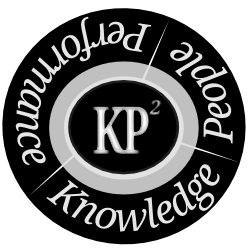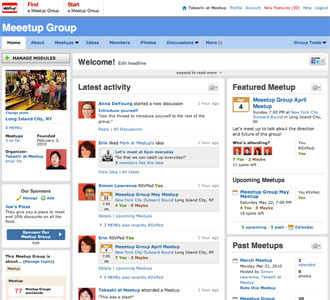Recently, I co-lectured a number of sessions on Organizational Learning at the University of Nottingham and talked to students on various programs about how organizations leverage exisiting networks and use social media to foster knowledge creation and collaboration. I introduced some of the concepts described in earlier posts, such as Ross Dawson’s Social Media Strategy Framework and Brian Solis’ Conversation Prism.
Furthermore, I tried to embed the aforementioned practitioner models in a more theoretical context. For this purpose, I used the papers by Inkpen & Tsang (2005) as well as Nahapiet & Ghoshal (1998). We explored the concept and dimensions of social capital and looked at how the latter may affect knowledge processes within networks.
I closed the sessions with a McKinsey survey which presents various tools that are currently used for internal knowledge management. Wikis, Blogs, RSS feeds and Video sharing were the killer applications in this category. I was very pleased with the questions raised during the sessions and the presentations that were produced as a result of my engagement. What a great feeling to inspire other minds. However, this doesn’t just work one way. One of the students, who used to be with Pfizer, a pharmaceutical company, shared with us some of the tools and concepts they used at work. This is how we met Jessica a.k.a. Dr. Enterprise 2.0.
References:
Inkpen, A. C., & Tsang, E. W. K. 2005. Social Capital, Networks, and Knowledge Transfer. Academy of Management Review, 30(1): 146–165.
Nahapiet, J., & Ghoshal, S. 1998. Social Capital, Intellectual Capital, and the Organizational Advantage. Academy of Management Review, 23(2): 242–266.



